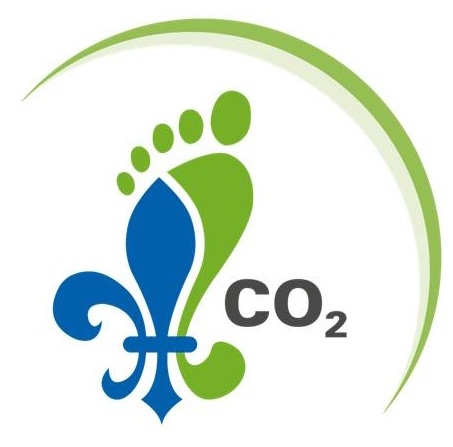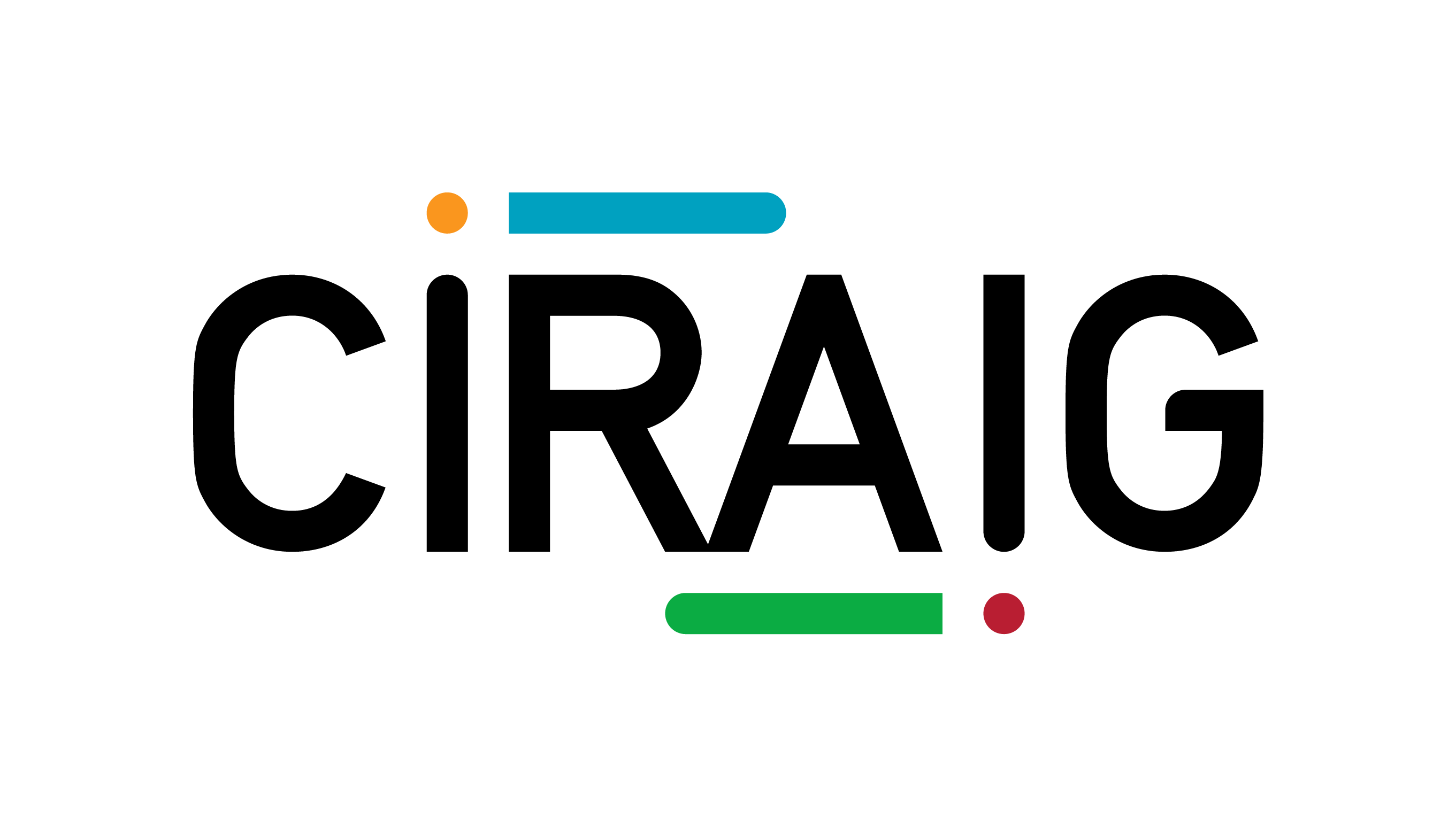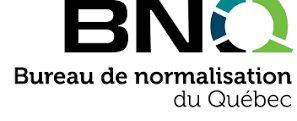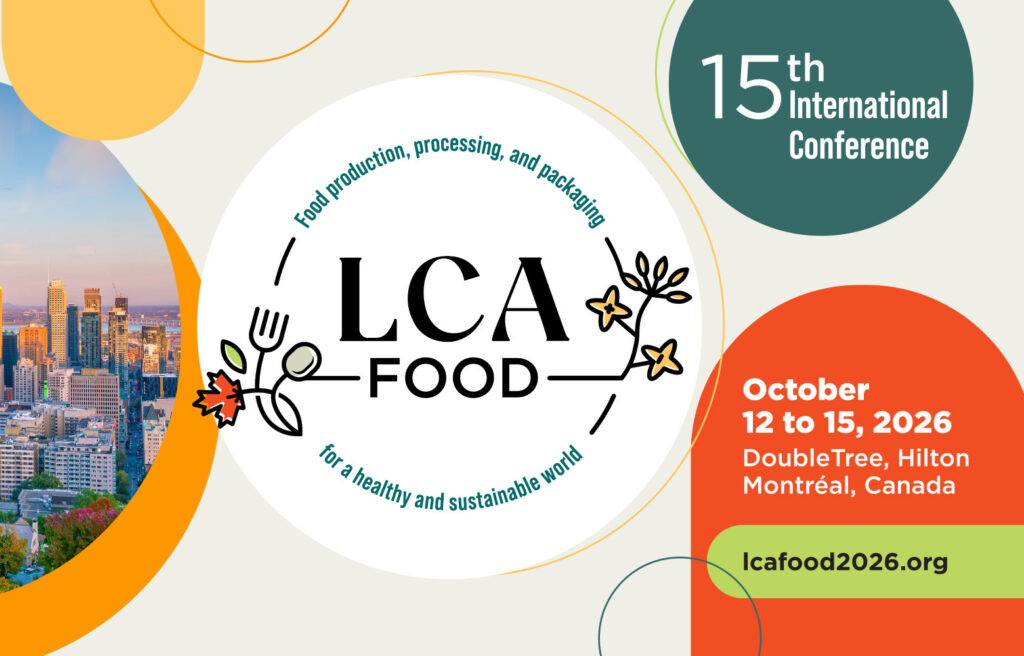Carbon Footprint Quebec
To determine the feasibility of large scale carbon footprint labeling in Québec and guide subsequent actions


The Québec government announced as part of its 2010-2011 Budget a $24 M plan aimed at promoting the marketing of products whose carbon footprints have been measured and certified.
The ministère des Finances et de l’Économie (MFEQ) was mandated to implement this measure that is not without obstacles, notably the young state of carbon footprint labeling internationally but also the lack of harmonization of calculation methodologies.
Faced with these limitations, the MFEQ partnered with the Interuniversity Research Centre for the Life Cycle of Products, Processes and Services (CIRAIG) in order to conduct a product carbon footprint pilot project. The pilot, which was launched in February 2012, included twelve companies that took on quantifying the carbon footprint of one or more of their products. The participating companies were selected in an effort to cover a large scope of products, types of businesses and sensitive calculation parameters.






